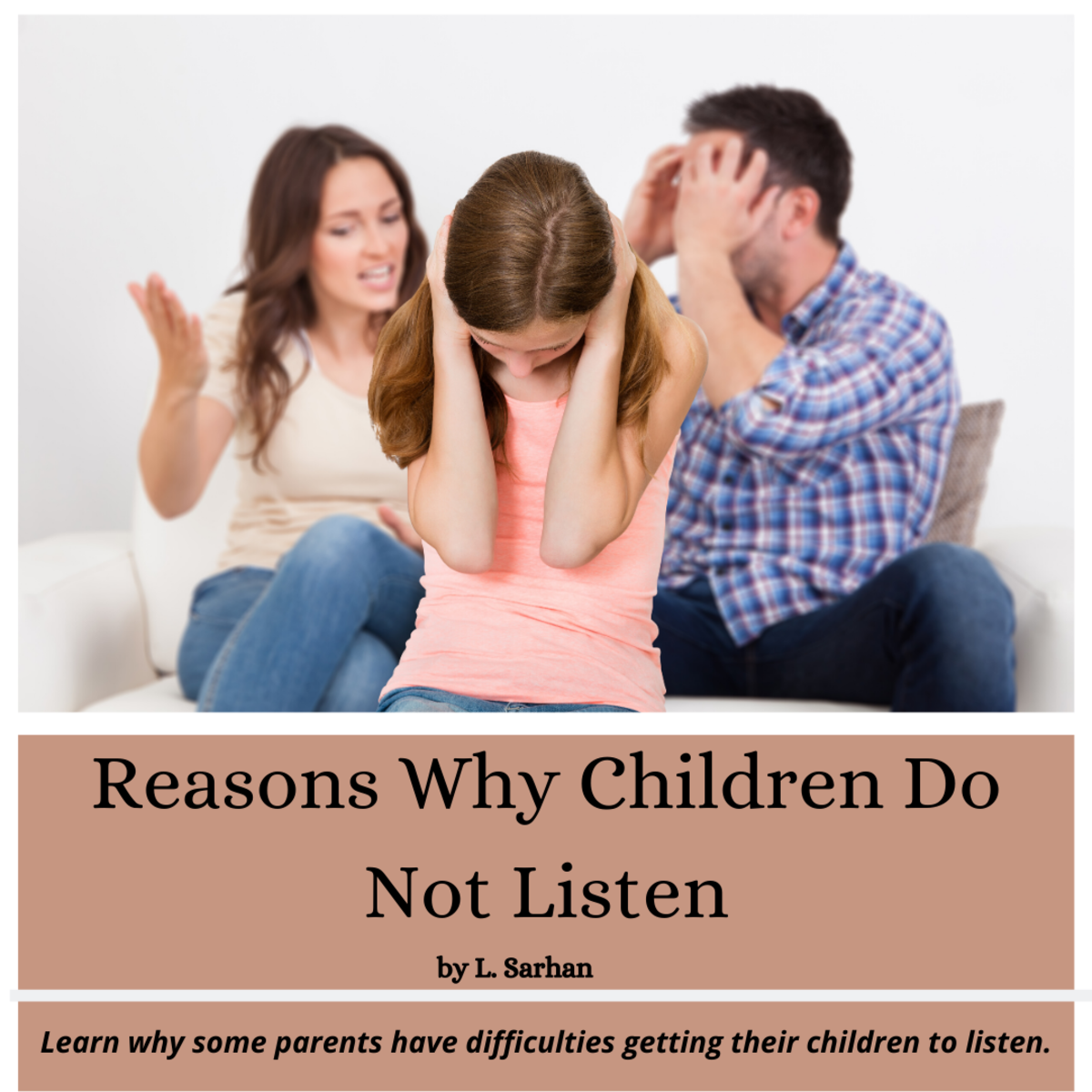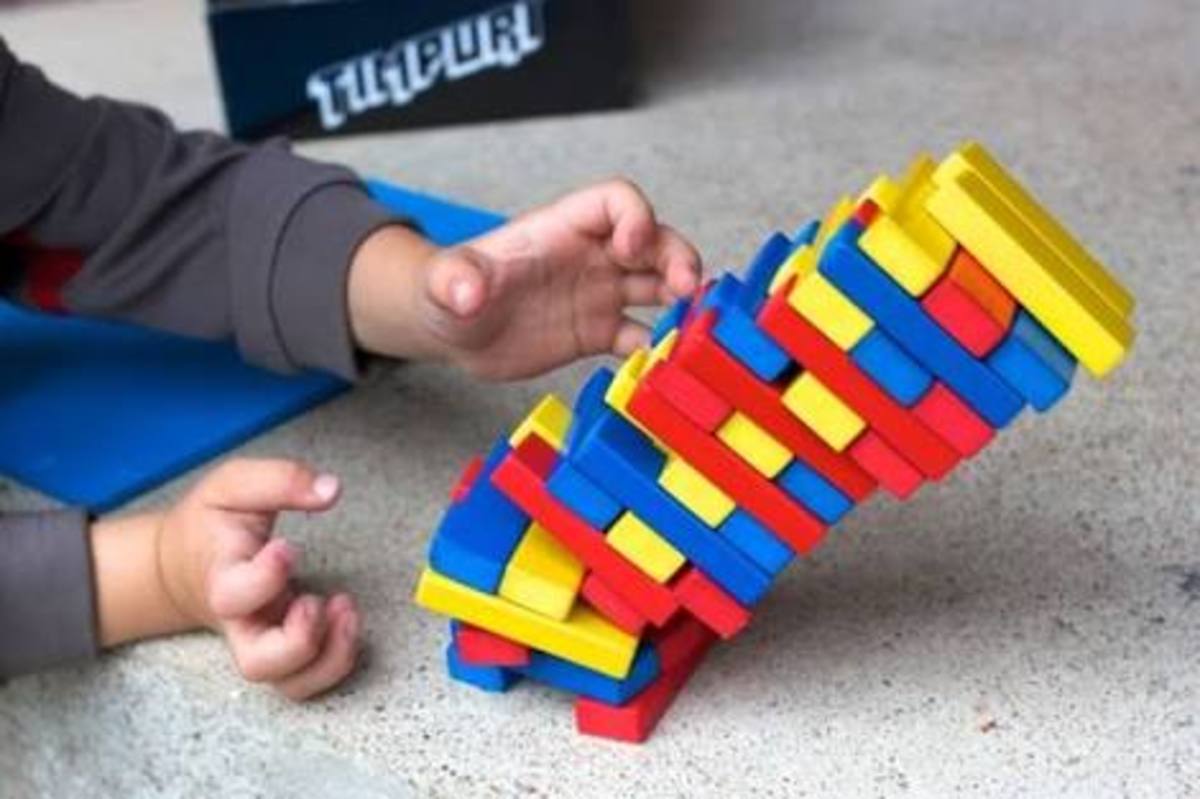Shared Parenting: Bridging the Gap

The Basics:
You and your ex aren't together for a reason. That doesn't mean your child doesn't still love both of you. Creating a situation where the child feels that they must choose whose "side" to be on, who they need or should love more, or that they must defend one parent against the other is never a good position to put your child in.
The ground level basics of shared parenting is an understanding that even if you don't love (or even like) the other parent, you conduct yourself in a civil and appropriate manner for the benefit of your shared child (or children).
** This excludes cases in which there has been child abuse, molestation or other severe and heinous crimes committed around or to the child. This article is not intended for those who are protecting their child (or children) from abuse, neglect, or other forms of maltreatment.

Children Are Not Pawns:
When you have a custody arrangement where one parent has primary custody, while the other has visitation rights, or when you have an arrangement of joint 50/50 shared time; your child will be living in two different homes. They will have two bedrooms, two sets of rules, and two different environments to adjust to.
Children are resilient. While this is not the "ideal" situation, it is becoming more common than not. One of the saddest parts of the "blended family" or co-parenting dynamic is the behavior of the parents. When mom and dad don't see eye to eye it can quickly become an uncomfortable position for the child. Remember that your child is not a weapon to be used against the other parent.
Here are some general rules of engagement:
- Communicate with the other parent in any way other than through the child.
- Do NOT speak ill of the other parent if there is even the slightest chance your child can hear you or that it could get back to him/her.
- Do not intentionally engage your child in activities that will interfere with the other parent's time without consulting the other parent on the matter first.
- Agree to disagree on subject matters that interfere with civil behavior around your child and resolve to work them out in a more private setting.
- Do not withhold the bonding of your child and the other parent over a monetary dispute.

Encourage Communication:
Giving and encouraging your child to communicate with the other parent during your time is a great way to show your child that you support his/her relationship with the other parent even if you aren't still together. There are a number of different things to encourage a phone call over:
- Losing a tooth
- A good report/grade on a test at school
- To discus an upcoming holiday or event
- To discus plans for the next visit
- Just for an update on "how was your day"
- A quick call to say "good-night"
It is important that your child knows that you are supportive in his/her desire to connect with the other parent. This eliminates the feelings of "needing to choose", which reduces stress and anxiety.
Communication between both parents is also necessary for successful co-parenting. If you are the primary custodial parent, here are a few times when giving the other parent a call are not only prudent, they show respect and consideration as well:
- To inform the other parent of upcoming school events and conferences
- To inform the other parent of scheduled visits to the doctor, dentist, or optometrist
- To inform the other parent of an invitation to an event which fall on "their" time and to encourage the other parent and the child to discus the matter; prior to you giving approval.
- To inform the other parent of any illnesses or accidents which require a trip to the doctor, medication, or specific variations to the "usual" care-taking of that child.
- When the school supply list is released before the start of the new school year, in the event they wish to participate in purchasing some of the items.
It is also courteous and respectful to ask, rather than tell, if you want to rearrange the visitation times because you have an event, vacation, or other plans which cross over into "their" time. Don't make having sole custody into a power trip. By showing the other parent respect and common courtesy you are teaching your child a very valuable lesson.
For non-custodial parents, contact the other parent in these (among other) occasions:
- When you would like to switch weekends due to a scheduling issue. (be prepared to give the reasons for wanting the switch)
- To inquire about school work and progress
- To inquire about upcoming school activities and events such a concerts or conferences
- To inquire about possible school supplies or other needs your child may have such as equipment for sports or other extra curricular activities.
Showing an expressed interest in your child is a great way to emphasize that you do want to be an active part of your child's life. As you are no longer there on a daily basis, it is important to let your child know (as well as the other parent) that just because things didn't work out in the relationship, doesn't mean you aren't committed to being there for your child.

Parents Cannot Be Replaced:
As much as you may dislike your ex, you cannot simply replace them with someone else (someone you feel is better) in your child's life or in their heart.
You have the right to be happy. So does your ex. When you find yourself with someone new, it is important to remember that while they may make you happy and fill you with the love you've always wanted; that doesn't automatically make them a better father or mother than your child's real other parent.
Acting in this manner is damaging to your child and selfish on your behalf. You cannot remove half of your child's heritage or DNA just because you dislike the person who helped you make that child. You will end up causing your child more harm than good.
The best thing you can do is move on. Truly move on. If you can forgive the past there would no longer be a reason to harbor the dislike you continue to hold for the other parent. You wouldn't want to replace them in your child's life because you would be able to see the value they have in your child's life.

Non-Custodial Doesn't Mean Non-Parent:
If you have found yourself on the short end of the custody stick and are reduced to visitation where once you saw your child's smiling face every day, take heart. You are still their parent and your child still loves you dearly.
Make the most of the time you have with your child during visitation. Keep in touch as often as you reasonable can. Let your child know that you still love them and think of them often. Avoid blaming the other parent for "tearing you apart" from one another. Accept things the way they are and make the most of it.
If you are suffering from a custodial parent who is trying to phase you out of your child's life; there are steps you can take to prevent this:
- Keep the lines of communication open as much as possible
- Keep your temper in check during all conversations, no matter how many buttons he/she pushes.
- Record all contact you have with the custodial parent and the context of those contacts
- Record all times when they denied you your visitation time, refused you to speak on the phone with your child, or rescheduled without informing you first.
- Contact the school for information on your child's education if the other parent refuses to provide it to you. You do still have this right unless you have a restraining order against you or something of that severe nature.
Build your case without involving your child. Do not speak ill of the custodial parent. Remain civil and calm as humanly possible. Once every 365 days you are allowed to appeal the custody findings in court. If your ex is not adhering to the agreed upon arrangement, the courts will need those proofs of evidence in order to help you get to see your child more.
What you do or don't do still affects your child. Don't stop being a parent just because you have less time with your child.





